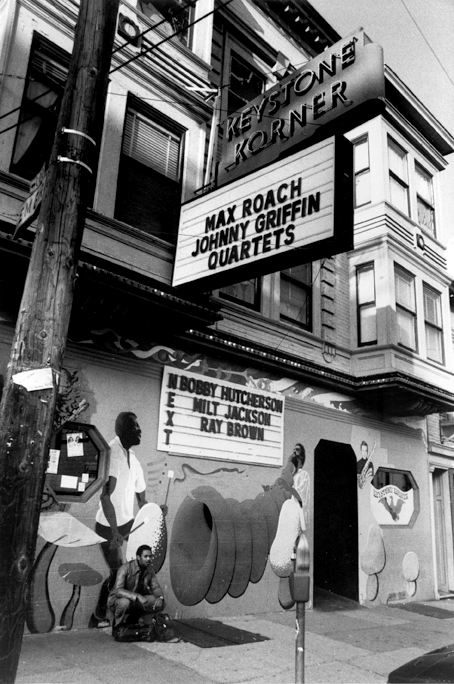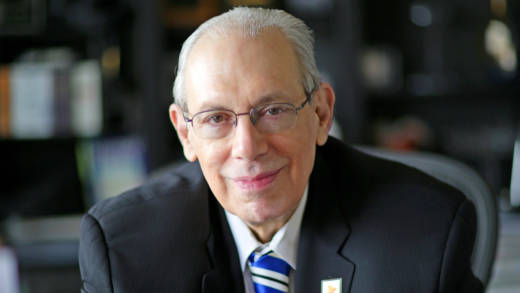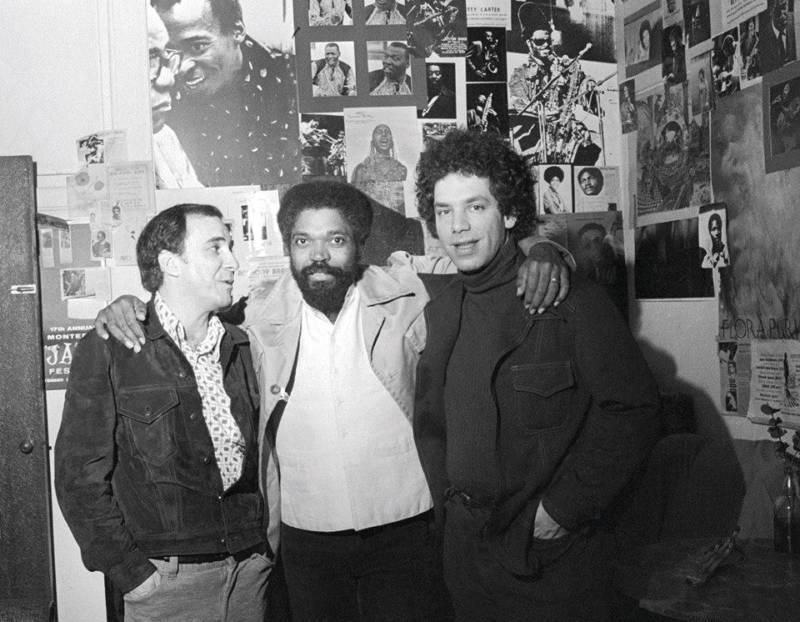Todd Barkan, who ran San Francisco’s legendary jazz nightclub the Keystone Korner, will receive the nation’s highest honor for jazz artists, the National Endowment for the Arts’ (NEA) Jazz Master fellowship.
Barkan, pianist Joanne Brackeen, guitarist Pat Metheny and vocalist Diane Reeves are the 2018 recipients of the Jazz Master fellowships, which were announced at a concert Monday night at the John F. Kennedy Center in Washington D.C., where Metheny performed. Each of the winners will receive $25,000, and will be honored at a concert at the Kennedy Center next April.

Barkan, 70, will receive the A.B. Spellman NEA Jazz Masters Fellowship for Jazz Advocacy for his decades as a Grammy-winning producer and for his time at the Keystone, the North Beach club that pianist Mary Lou Williams once called “the Birdland of the ’70s.”
“It’s been a privilege beyond words to be able to provide some opportunity and space for these indispensable artists to swing and create together,” Barkan wrote on Facebook. “As Bobby Hutcherson told me quite a few times, and even wrote on the wall of the Keystone Korner, ‘True love asks nothing in return.'”
Born in Nebraska and raised in Ohio, Barkan says he discovered jazz at the age of 13 and swiftly became obsessed with the music, taking 1,000 jazz records with him instead of clothes when he left for college. In 1967, Barkan moved to San Francisco, and by the early ’70s he was working as a pianist in two groups, and looking for clubs to play. When he stopped into the Keystone Korner to ask then-owner Freddie Herrera for a gig, the Korner was primarily a rock club known for hosting guitar gods like Mike Bloomfield, Elvin Bishop, and Jerry Garcia.



